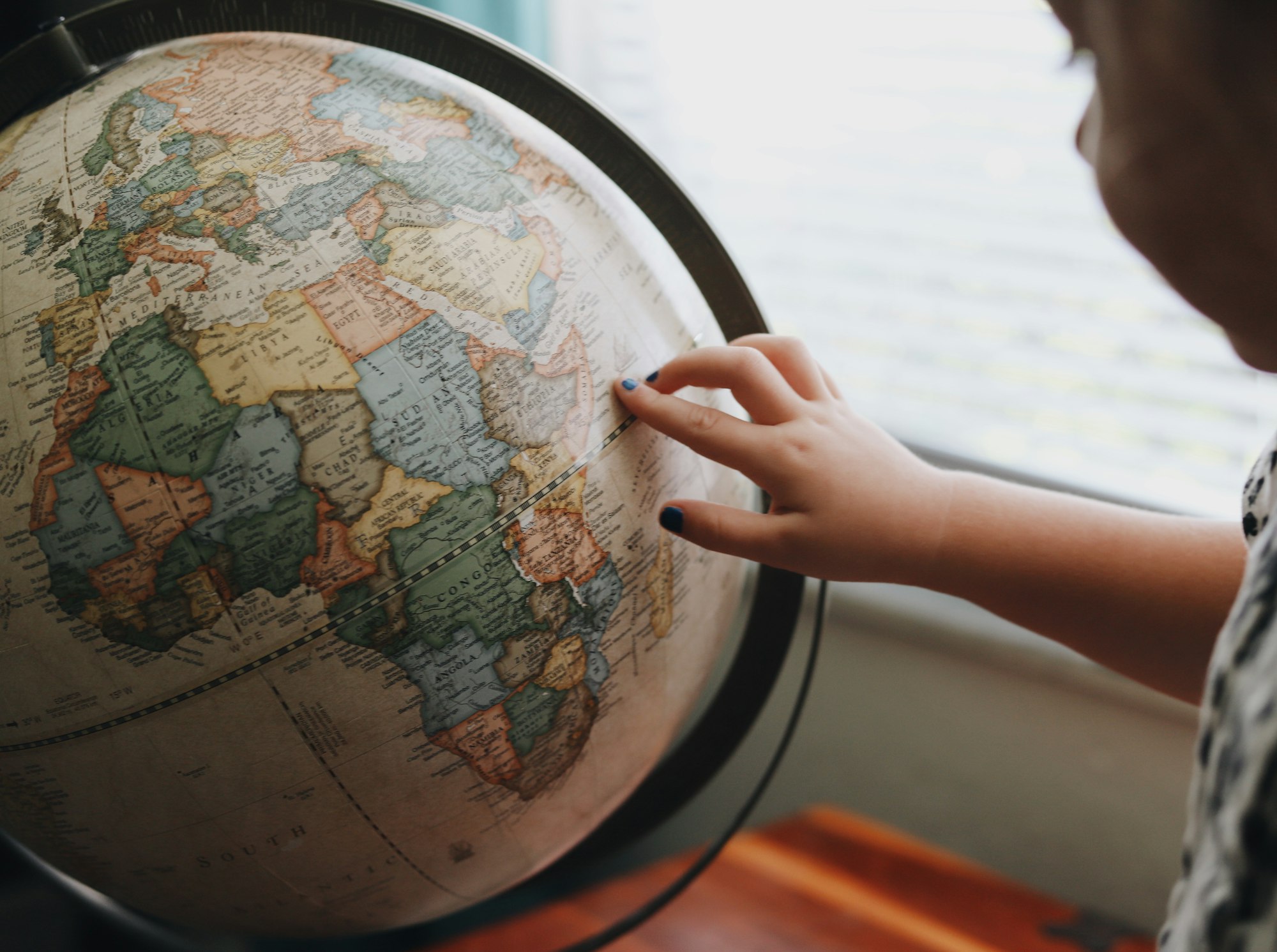🌱🐰💰 The Next Generation
The global population of young people is the largest in history. The active engagement of youth in sustainable development efforts is therefore critical to averting the biggest challenges to today's society, and achieving inclusive societies for years to come.

The Good, the Bunny and the Money is our monthly take on the latest impactful success stories from across the U.S. and around the World.
'🌱 The Good' looks at nonprofits leading the way in impactful change;
'💰 The Money' takes a dive into the private-sector champions driving financial inclusion & economic development; and
'🐰 The Bunny' showcases the most promising collaborations between nonprofits and businesses working hand in hand for the People and the Planet.
In this month's edition we take a look at supporting 'The Next Generation'. The global population of young people is the largest in history. The active engagement of youth in sustainable development efforts is therefore critical to averting the biggest challenges to today's society, and achieving inclusive societies for years to come.
🌱 The Good: Boosting the diversity of future Computer Scientists
A report found that computer programming jobs are growing 12% faster than the market average - making the work by nonprofit, Code for Fun, even more important. Their aim is to expose all students, from the ages 5-18, to Computer Science (CS) through after school programmes and in-school instructions. Code for Fun argues introducing concepts of CS in college is too late, as younger children are naturally curious and innovative - two core drivers of computer scientists. The education programme is also tackling CS’s diversity problem, with only 18% of women studying a computer science related degree. Code for Fun’s initiatives are designed for all students - helping to bridge gender gaps, and better yet they’re one of our partners!
💰 The Money: Mastercard supporting the financial inclusion and literacy of youth
Opportunity: The global population of young people is the largest in history (about 1.8 billion people aged 10 to 24). Yet, young people access financial services at roughly half the rate of adults. Without these services they have fewer means to save, invest in education, or grow businesses = untapped potential for development.
The key challenges are a lack of financial literacy among young adults, as well as prohibitive fees to open or maintain accounts.
Breaking barriers: The MasterCard Foundation partners with local education organisations such as Aflatoun to teach disadvantaged kids about saving, investing and compound interest. They also work closely with local financial organisations to create products that reduce the cost for youth to access/maintain finances such as MoCaFi.
The Halo effect: Studies have shown financial inclusion triggers a range of secondary benefits: Greater access to education, enhanced self-esteem and ability to influence their communities. All helping economically disadvantaged young people to move themselves, their families, and their communities out of poverty.
🐰 The Bunny: BainCapital and GreenLight providing unique support for children in poverty
GreenLight Fund is a nonprofit working to create opportunities for impoverished children in areas of literacy, college access and economic mobility. They operate a unique model through collaboration with other nonprofits. Firstly, GreenLight Fund selects the most effective nonprofits from across the country. They then identify communities most in need and invest time and money in the chosen nonprofit to get them setup in the chosen location - producing tangible benefits quickly. To scale activities, GreenLight Fund has announced a $4million partnership with BainCapital - one of the world’s largest investment companies. The partnership will allow GreenLight Fund to use BainCapital’s business partners to grow its support network. To date, GreenLight Fund has invested $24million in nonprofits, reaching over 325,000 children across cities like Boston, Atlanta and Detroit.
🥕 What else we’re munching:
- Grocery shoppers will soon see a new label: upcycled food, an attempt to reduce food waste by non-profit Upcycled Food Association
- The Crayon Initiative aims to bring happiness to children and the environment by recycling used crayons into new ones for children's hospitals
- Actor, Sean Penn’s, non-profit is increasing inoculations in underserved communities hit hardest by the COVID-19 pandemic
- California school district partners with nonprofit to deliver weekly meal boxes brimming with of whole, organic ingredients
Credits: Cover Photo by Amy Humphries via Unsplash; Code for Fun; UN - Youth Financial Inclusion; Green Light Fund.

